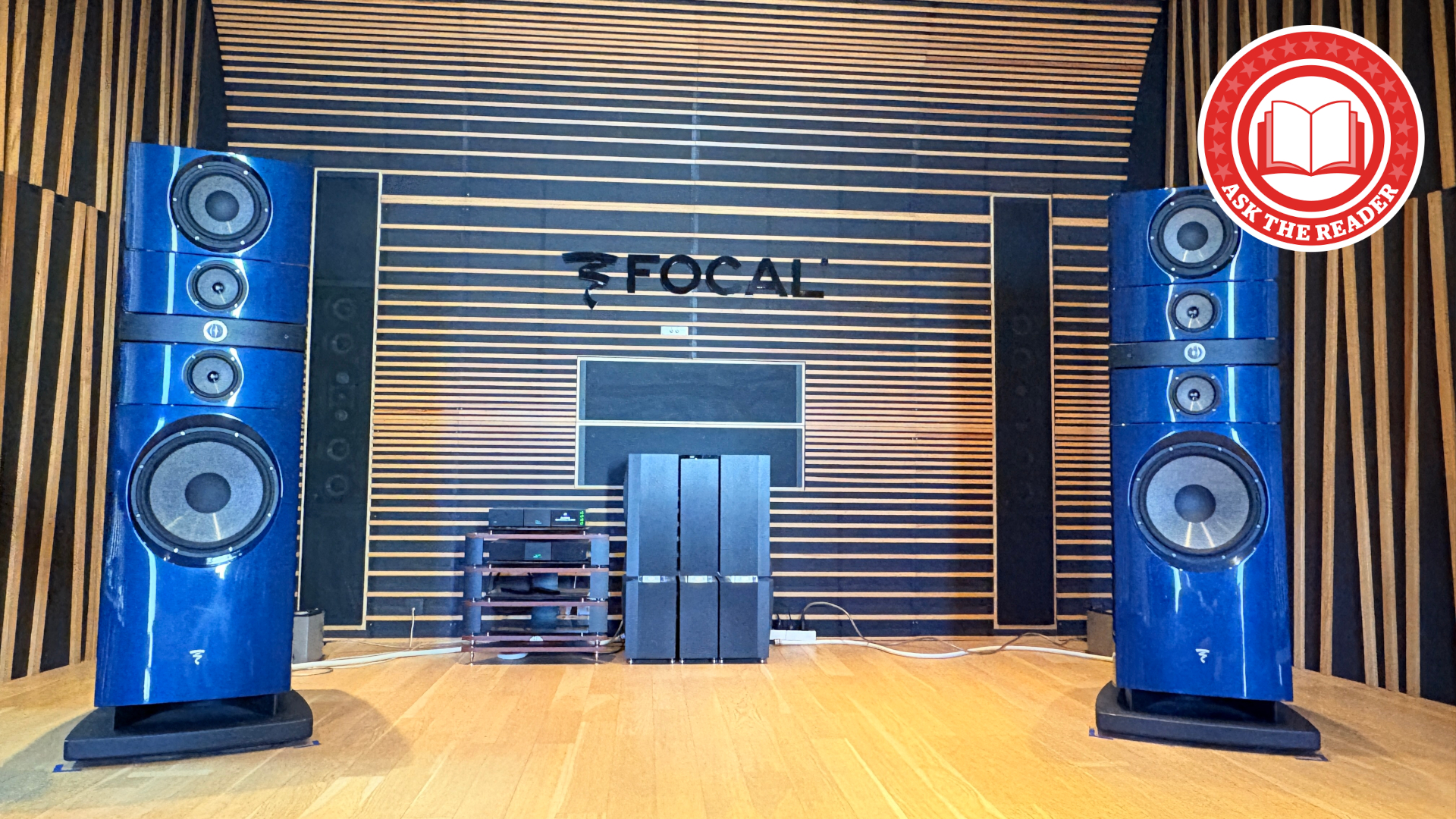Why the death of Blu-ray is very bad for gamers
Goodbye, big blu. Us gamers are going to miss you
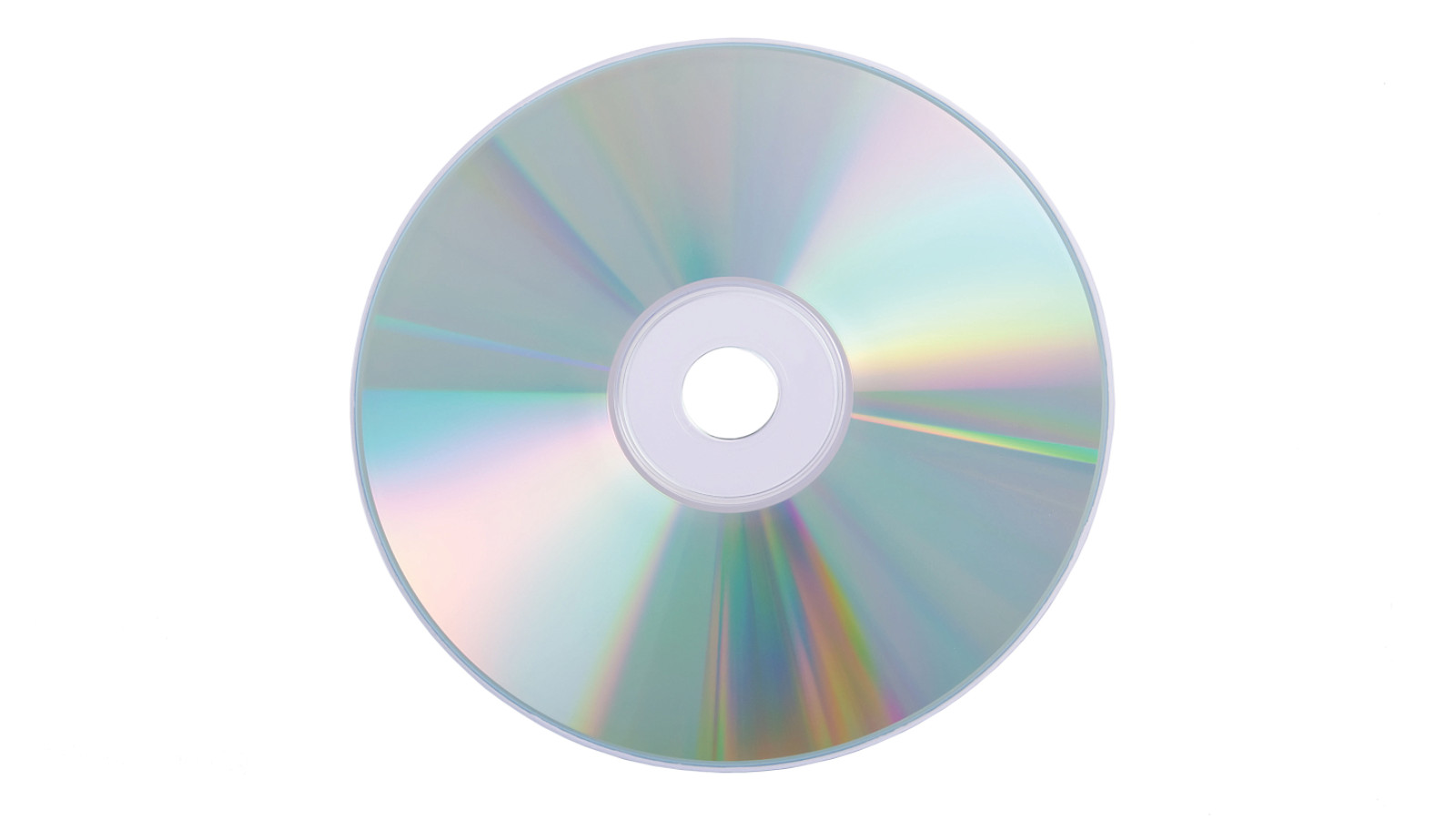
You’ve probably already read articles about the death of DVD and Blu-ray movies, and you possibly thought ‘who cares? I stream all my movies anyway.'
But the thing is that the death of movie discs matters and, those impacted most by it are actually gamers. If Blu-ray goes, it means an end to the reign of the optical disc. Nothing is likely to take its place, and games everywhere are going to become download-only, as they have on PC.
Unfortunately, we’ll all soon be paying the same (or more) for less, and it will also inevitably mean the end of the secondhand market, which is vital to gamers on a budget.
Blu-ray only prolonged the inevitable…
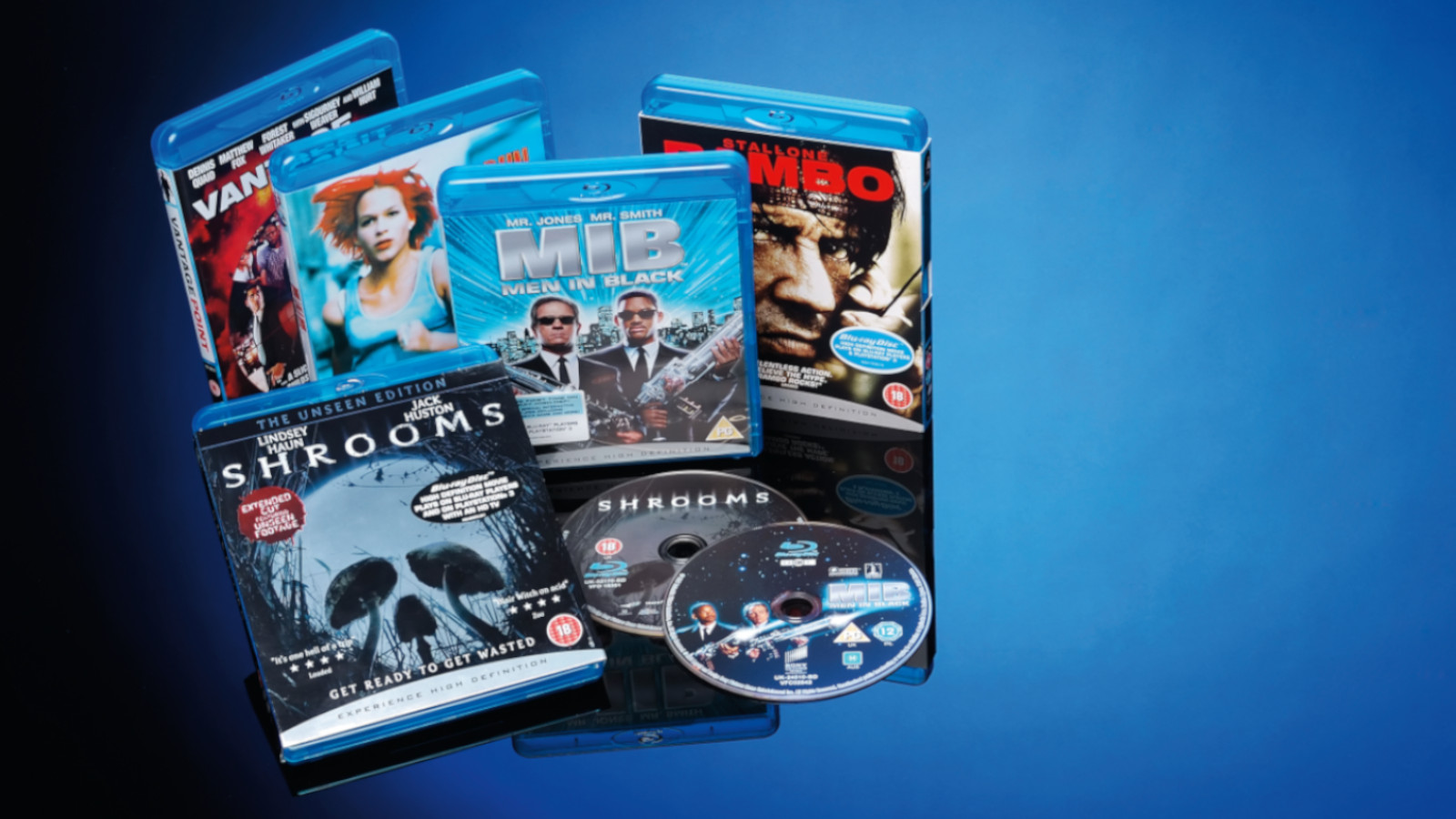
Blu-ray is awesome, a great upgrade over DVD, and the journey from DVD to Blu-ray to 4K Blu-ray has allowed for the continued existence of physical games.
However, you can find articles over a decade old proclaiming that physical media is dead in much the same way you can point to people opining that ‘3D is the future’ and that ‘singleplayer games are dying’ if you look for it. As time has shown us, these people were mistaken, because 3D isn’t much of a thing in the modern day, and single-player games are still some of the hottest, biggest games around.
Unfortunately, though, these folks weren’t wrong about physical media. It may be taking longer to die out than many people expected, but today, frankly, there’s no way to look at video games and not think that physical media is either dead now or will be soon. Sure, you can still buy games on Blu-rays, but you don’t actually own the games you buy. More often than not you aren’t even getting the game on the disc.
Since the release of the PS3 and Xbox 360, games on discs have become increasingly incomplete. During the PlayStation 2 era, you bought a game, you put it into your console, and you played the game. That was it. You could still do this with a PS3 or 360, more or less, but if you wanted to play online and/or not be forced to deal with bugs and glitches that were addressed by patches, well, you’d need an internet connection to download some data.
The latest hi-fi, home cinema and tech news, reviews, buying advice and deals, direct to your inbox.
As time went on, games got bigger, and the problem with discs got worse, even if the jump to Blu-ray, starting with the PS3, increased storage capacity. What were once patches that needed to be downloaded are now games so large that they can’t fit onto discs at all, so a big chunk of data has to be downloaded from a server to even play.
At this point, you might be wondering why it has to be like this. After all, 8K TVs exist, so surely a new format like 8K Blu-ray must be coming with more storage than ever? Then, you could get everything but new patches right off the disc. Problem solved, right?
…because profits killed physical media
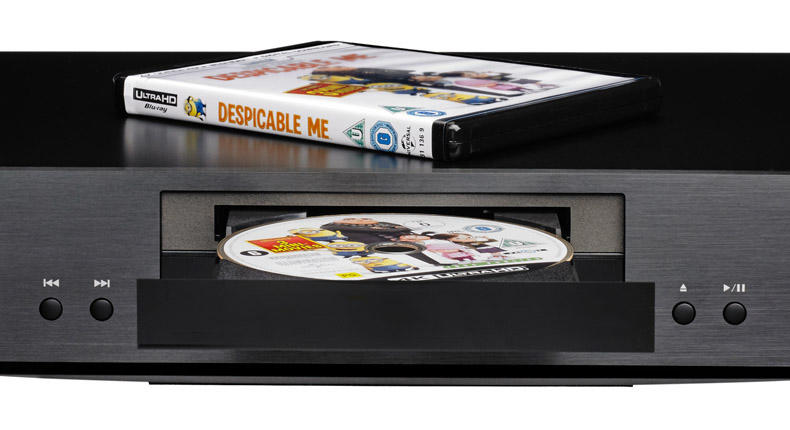
Unfortunately, no. It all comes down to dollars. Back in the day when PlayStation Network and Xbox Live were relatively new things, game companies first started pushing for digital purchases. I mean, if you could cut out the middleman and sell your games directly to your customers, why wouldn’t you?
Plus, because you wouldn’t have to invest in discs and distribution, you could charge less for your games and still make more money than you did before. This was a big selling point companies were pushing back then: the idea that if we all started buying games digitally, well, games would be cheaper.
Spoiler alert: they aren't cheaper.
Companies quickly realised that since everybody was used to paying a certain price for games they could just charge the same price digitally.
If people are willing to download their games, or at least have the ability to, why invest in a fancy new Blu-ray spec with more expensive discs? Why even bother to pack multiple Blu-ray discs into a case, increasing costs? If we wanted to solve these problems, we could sell games on cartridges or flash drives or SSDs that could hold even gigantic games and their updates, but it’s not about solving problems, it’s about money.
…and Blu-ray can’t bring any of it back to life
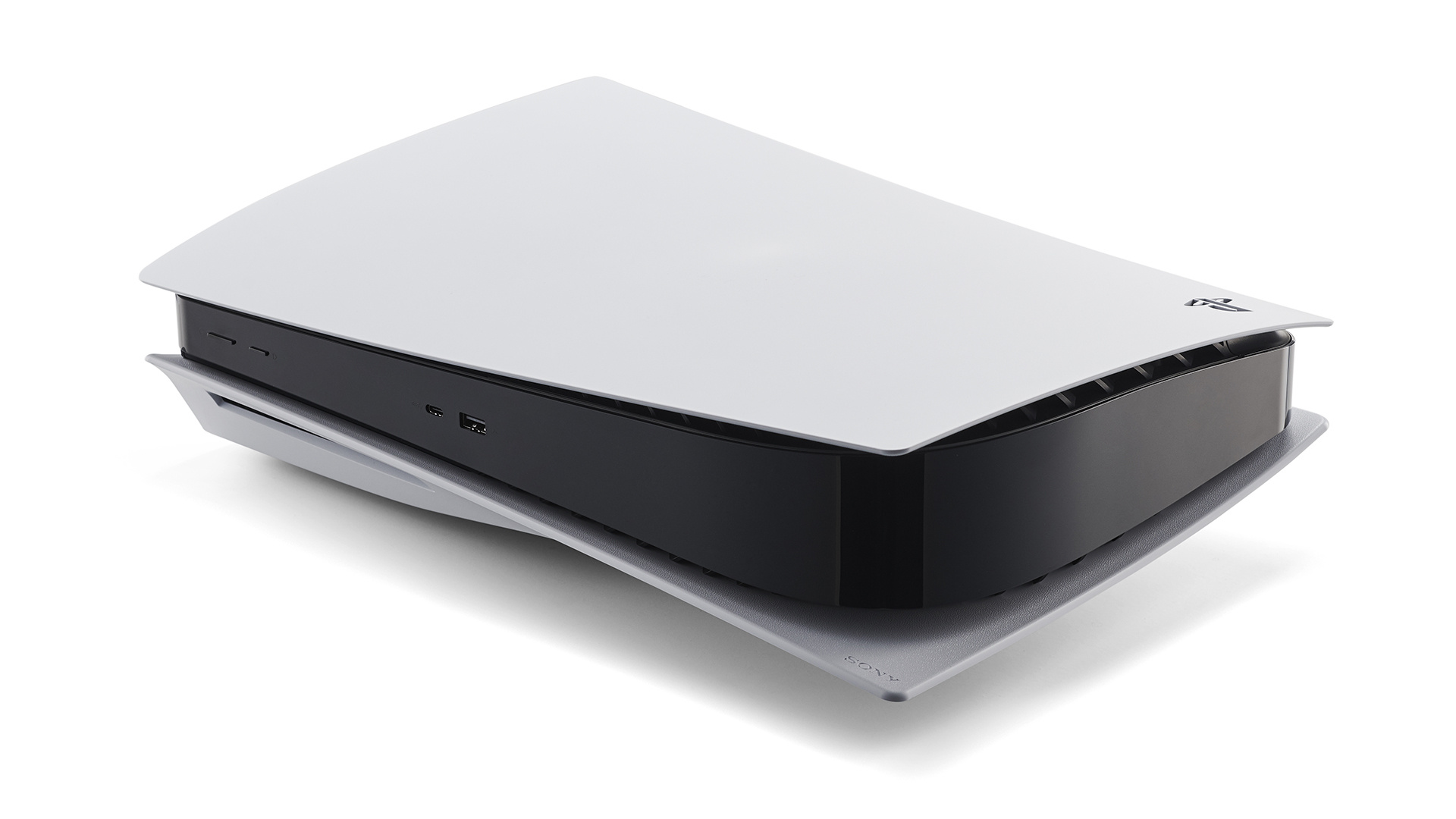
The PlayStation 3 used Blu-ray, while the Xbox 360 used traditional DVDs, offering an HD-DVD attachment that quickly fell out of fashion. At the time, a Blu-ray could have 25GB or 50GB (with dual-layer discs) of storage, while your average dual-layer DVD could hold 9GBs of storage. Blu-rays, however, were new at the time of the PS3 and 360, so they were much more expensive than DVDs, making it cost-effective to just use multiple DVDs for games when necessary, as the 360 did.
Importantly, though, Blu-ray support was also a compelling media feature, making the PlayStation 3, at launch, one of the best Blu-ray players money could buy. On top of that, the costs of Blu-ray would inevitably go down. So, Sony not only supported the superior format but also got a hot new feature out of it and could expect costs, realistically, to go down in time. All things considered, Blu-ray was a huge win for everybody, guaranteeing physical games could keep coming.
Today, things are a lot different. Blu-rays can hold up to 100GB, and both Xbox and PlayStation rely on Blu-rays, while PC has just almost completely eliminated the tradition of selling physical games altogether. However, games are much bigger than they were on PS3 and 360. On PC, today, a game like Call Of Duty: Warzone can take up over 250GB of storage.
Whether or not we could further increase the capacity of a Blu-ray with a next-generation 8K Blu-ray, the economics of it are unlikely to make much sense. It'll be costly, and it won't permanently solve the storage problem, just kick it down the road. All told, it's not likely we start seeing higher-capacity media Blu-rays anytime soon, if ever.
What’s more is that, sure, for now, we could return to the tradition of packing multiple discs into physical games when we need access to more storage, but how long would that make sense? If 8K Blu-rays aren’t on the horizon, maybe we could do two discs or three discs, but what happens when PS6 has games that are over 500GBs in size? And how many discs would it take before games became to expensive for the average gamer?
Quickly, we’re going to reach even the theoretical limits of Blu-ray as a format, and the only option will be the extraordinarily expensive method of selling games on SSDs or flash drives with hundreds of gigabytes of storage, and that’s just never going to happen, not when companies can just completely eliminate discs altogether and charge the same, if not more. It just doesn’t make any kind of business sense.
Say goodbye to secondhand games
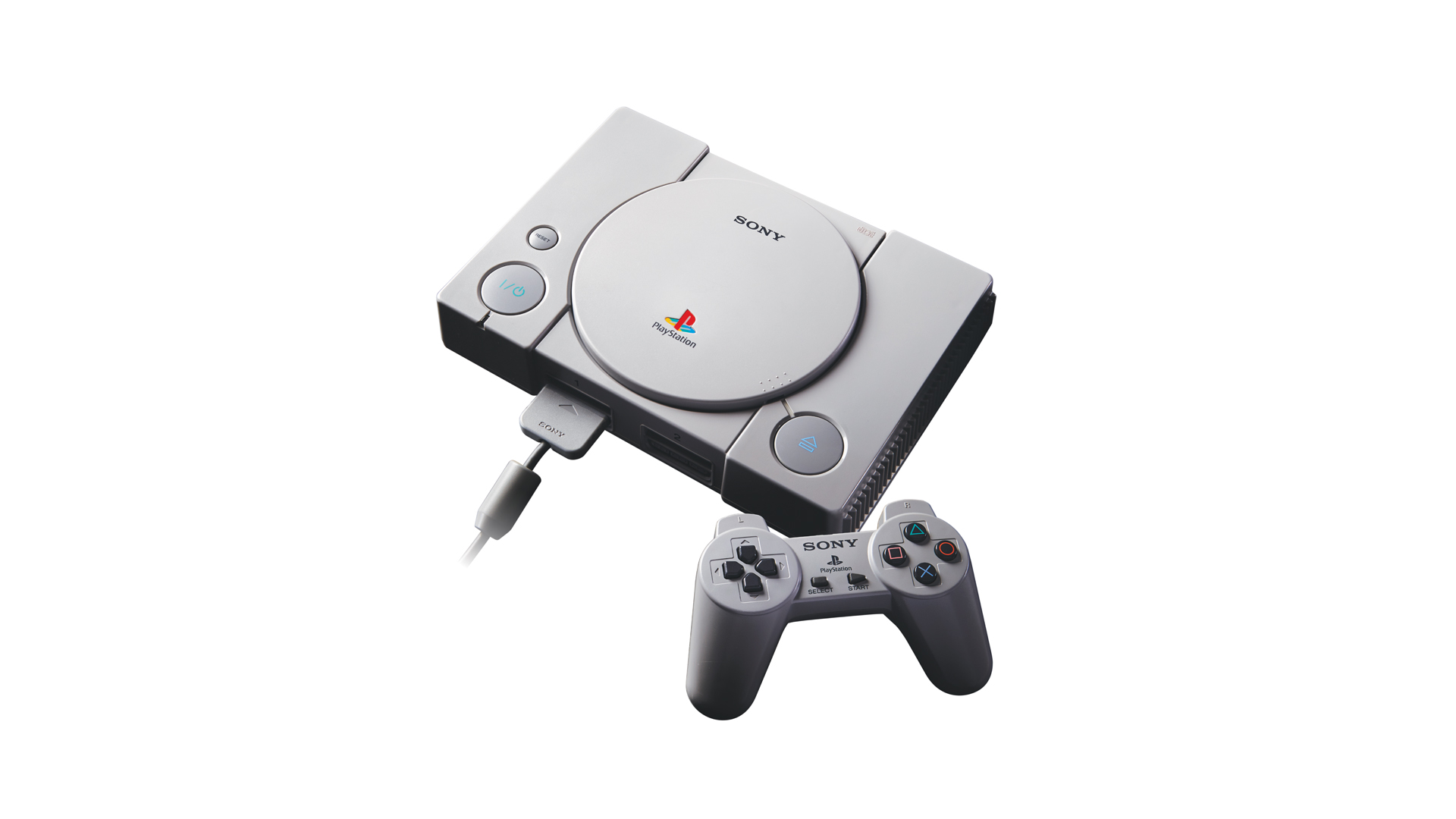
Right now, second-hand games are in a bad spot. You can't really trade PC games, because it's all digital now, and it's a non-starter for mobile games. If we're talking about Nintendo, you're good to go with no major problems, but this is less the case when it comes to Xbox and PlayStation in the modern day.
You can trade physical console games, but there can be limitations to this. Some parts of a game might be tied to a code that's been paired with your account, and it's likely that you won't just be able to pop the disc into an offline console and play.
We've already got the digital-only PS5 and Xbox Series S, so if the next-gen versions of these consoles launch and they're all disc-less, the second-hand market is going to die. Look at second-hand PC games right now: *tumbleweed*. There's nothing. Secondhand PC games don't really exist, not physically, not anymore
Sure, there's the option of trading, buying, and selling accounts (or even sharing accounts) that can and does create a sort of 'digital secondhand' marketplace, but it's very niche, throws up security concerns, and isn't a great replacement for trading physical games.
But the second-hand market isn't just about access, it's about savings, too. Buying games used, and trading in games you've finished, has been an essential way to claw back some of the money lost when buying new. If you aren't extremely well off, you probably aren't able to afford every new blockbuster game at launch.
We're going to need a bigger hard drive
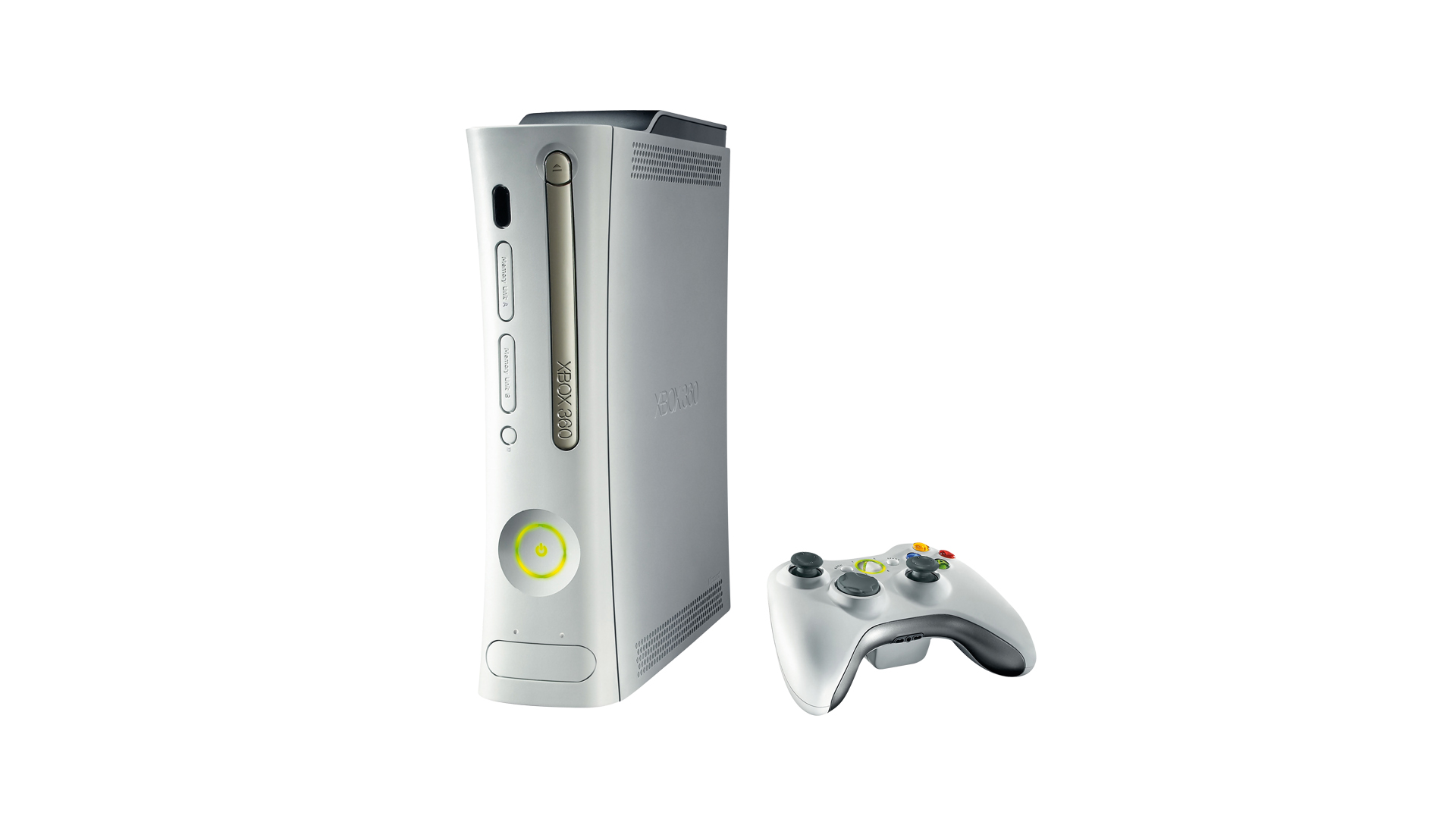
But the demise of the secondhand games market isn't the only way ditching Blu-ray is going to hit gamers.
As we transition into this glistening, halcyon all-digital future, storage is actually still a major concern, and internet speeds also become a huge issue. In terms of storage, if a single game requires hundreds of gigabytes of space, you're only going to be able to store a couple of games at a time on your console. You'll either need to buy more storage or buy a more expensive console with more space that still may require upgrading in future.
Then, you're going to need a good internet connection. Not just a connection capable of streaming video or playing a game online, but a fast, stable connection capable of regularly downloading hundreds of gigabytes without too much of a wait. This might not sound like a big ask if you live in Silicon Valley and work in tech, but this is actually a huge ask for many parts of the world. Those fortunate enough to have ultra-fast broadband won't feel the effects, but for those that don't, downloading the latest and greatest games could turn into a chore.
If you can't rely on buying secondhand, have slow internet, and can't easily afford to spend more on storage, you're going to be out of a luck in a way that those with more to spend never will be.
So, buy physical games while you still can

Luckily, depending on the kind of gamer you are, physical media isn’t totally dead just yet. In terms of Xbox and PlayStation, a healthy chunk of sales are still physical, and if you’re a Nintendo fan, you probably have a few generations left before games get big enough to need to leave physical copies behind.
Plus, of course, the practice of buying old games on discs will continue until the supply of a particular game is exhausted. Though, if a game relies on a server for multiplayer or to access patches, this can and will cause problems.
However, it’s hard to imagine that in 10 years you’ll be able to walk into a games store and see racks on racks on racks of the latest, newest titles on discs. More likely is that we’ll keep up the tradition of selling plastic cases with artwork on them, and instead of a disc, there'll be a code inside that you can use to download the game. This is, more or less, what a physical copy of a PC game is today.
If Blu-ray is breathing its last few breaths, now’s the time to load up on physical discs, because the PS5 and Series X generation of consoles may be the last where physical games are widely accessible.
MORE:
Here are the top 8 reasons why you should keep buying 4K Blu-rays
Our pick of the best Dolby Atmos movie scenes
As well as the best music documentaries
Ruben is a long-time freelance consumer technology and gaming journalist, and was previously a Staff Writer at What Hi-Fi?. Since 2014, Ruben has written news, reviews, features, guides, and everything in-between at a huge variety of outlets that include Lifewire, PCGamesN, GamesRadar+, TheGamer, Twinfinite, and many more. Ruben's a dedicated gamer, tech nerd, and the kind of person who misses physical media. In his spare time, you can find Ruben cooking something delicious or, more likely, lying in bed consuming content.

